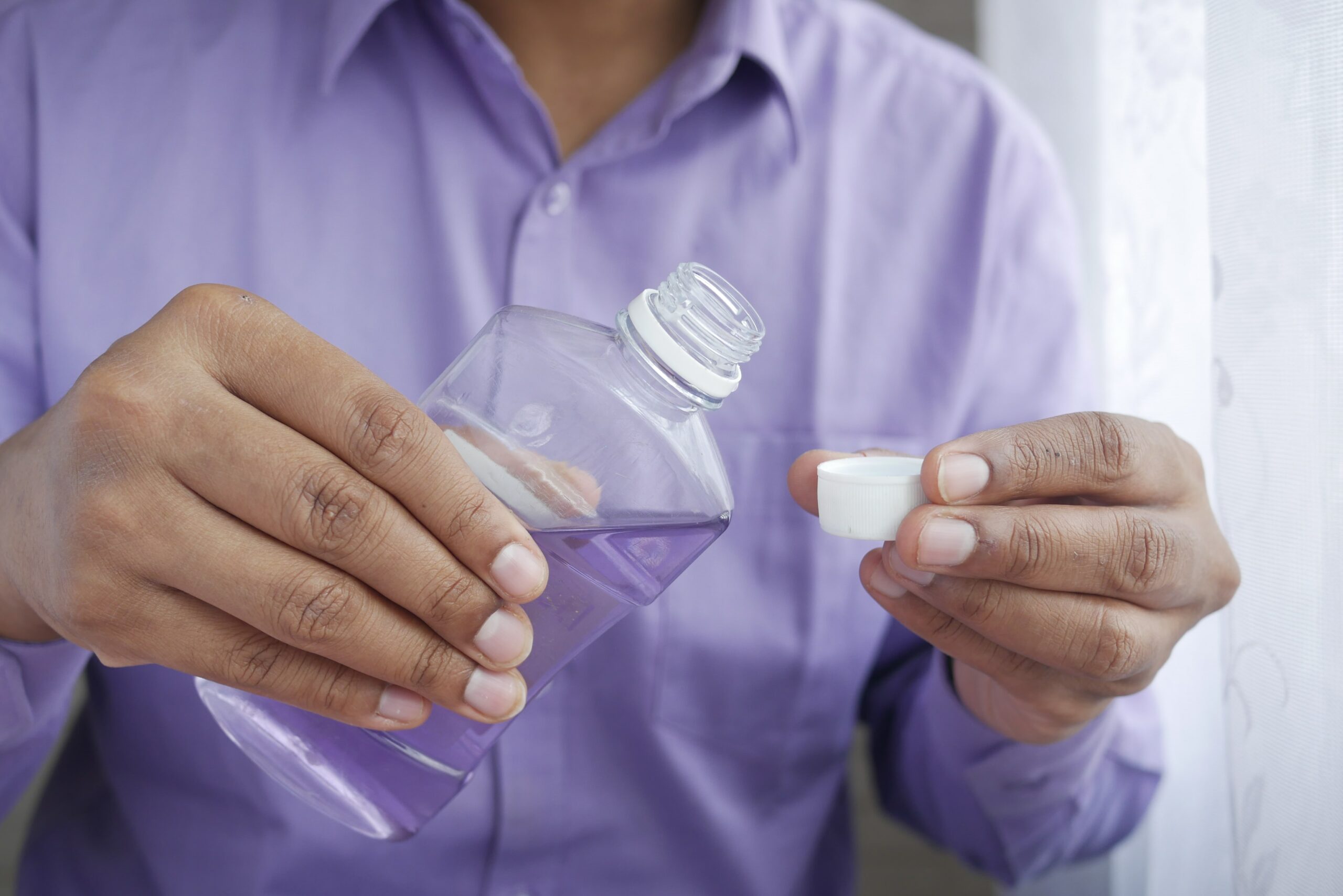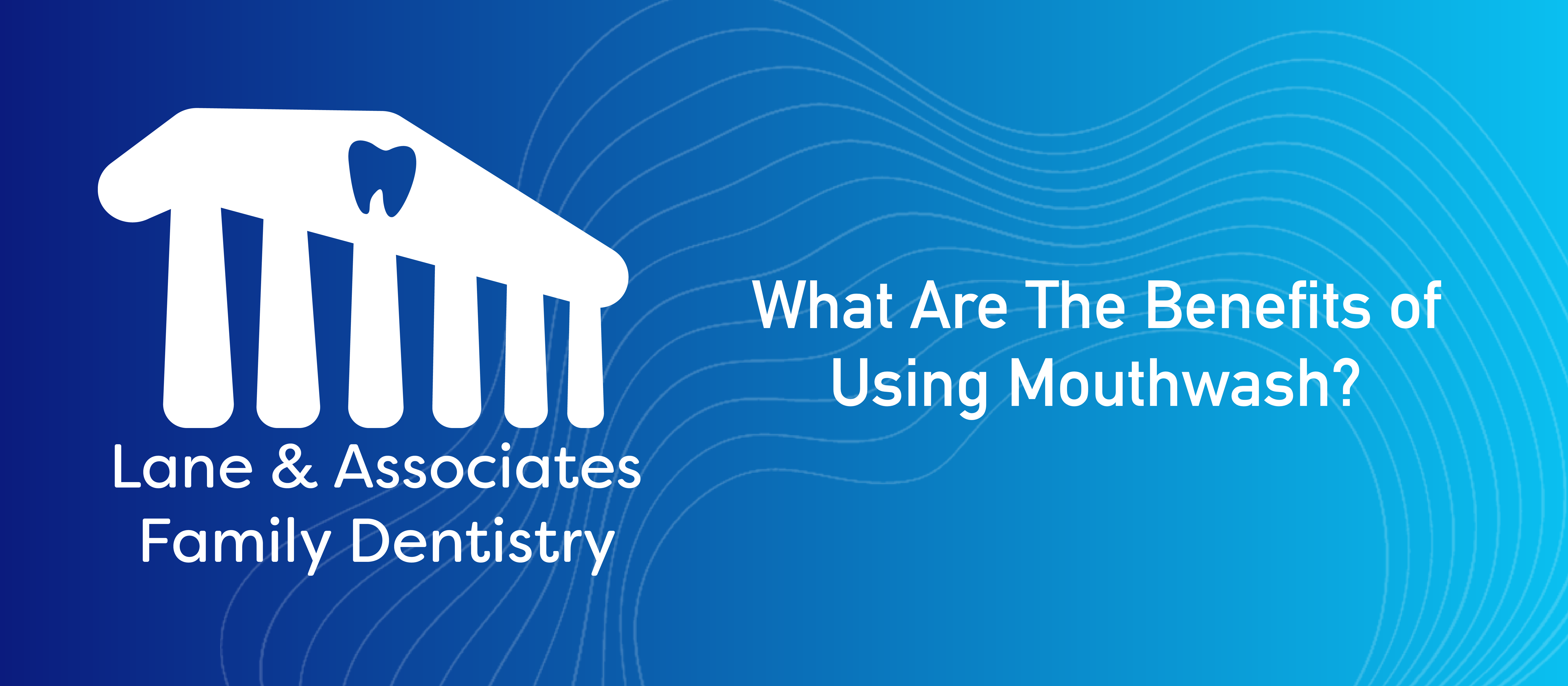Mouthwash is a liquid solution that is designed to be swished around the mouth and then spit out. It is an important part of any oral hygiene routine, as it offers a range of benefits that help to keep the mouth healthy and clean. In this article, we will explore the benefits of using mouthwash, the different types of mouthwash that are available, and how to use mouthwash correctly.
Mouthwash Gives You Fresh Breath
One of the most obvious benefits of using mouthwash is that it can help to freshen your breath. Mouthwash contains ingredients that can kill bacteria and other microorganisms that cause bad breath. By swishing with mouthwash for 30 seconds to a minute after brushing and flossing, you can help to ensure that your breath stays fresh throughout the day.

It is important to note that while mouthwash can be effective at masking bad breath, it is not a substitute for proper oral hygiene practices. If you have persistent bad breath, it is important to address the underlying issue rather than relying solely on mouthwash.
Mouthwash Kills Bacteria and Germs
Mouthwash can also help to kill bacteria and other microorganisms that can cause cavities and gum disease. Some types of mouthwash contain ingredients like alcohol, hydrogen peroxide, and essential oils, which can be effective at killing these harmful microbes.
It is important to choose a mouthwash that contains an antibacterial ingredient to get this benefit. Using mouthwash after brushing and flossing can help to ensure that any bacteria or germs that were missed during brushing are eliminated.
Mouthwash Helps Prevent Cavities and Gum Disease
Another benefit of using mouthwash is that it can help to prevent cavities and gum disease. Mouthwash can help to remove food particles and other debris from the mouth, which can help to prevent the buildup of plaque on the teeth and gums.
In addition, some types of mouthwash contain fluoride, which can help to strengthen tooth enamel and make it more resistant to decay. Fluoride is especially important for individuals who are at high risk for cavities, such as children and older adults.
Mouthwash Helps Reduce Plaque Buildup
Plaque is a sticky film of bacteria that forms on the teeth and gums. If left untreated, it can harden into tartar, which can only be removed by a dental professional. By using mouthwash regularly, you can help to reduce the buildup of plaque on your teeth and gums.
Mouthwash can help to loosen and remove plaque from hard-to-reach areas of the mouth, such as between the teeth and along the gumline. This can help to prevent the development of cavities and gum disease.
Types of Mouthwash
There are two main types of mouthwash: cosmetic and therapeutic. Cosmetic mouthwash is designed primarily to freshen your breath and improve the taste of the mouth. It may contain ingredients like alcohol, which can be effective at killing bacteria and other microorganisms. However, it typically does not provide any long-term oral health benefits.
Therapeutic mouthwash, on the other hand, is designed to provide specific oral health benefits. It may contain ingredients like fluoride, which can help to prevent cavities and strengthen tooth enamel. It may also contain antibacterial ingredients, which can help to kill harmful bacteria and prevent the development of gum disease.
How to Use Mouthwash
To get the most benefit from mouthwash, it is important to use it correctly. Here are some tips for using mouthwash:
- Pour the recommended amount of mouthwash into a cup. This will typically be about 20ml.
- Swish the mouthwash around your mouth for 30 seconds to a minute, making sure to cover all surfaces of your teeth and gums.
- Spit the mouthwash out into the sink.
- Rinse your mouth with water to remove any residual mouthwash.
- Do not eat or drink anything for at least 30 minutes after using mouthwash, as this can interfere with its effectiveness.
It is also important to read the instructions on the bottle carefully, as different types of mouthwash may have different usage instructions.
In conclusion, using mouthwash is an important part of any oral hygiene routine. Mouthwash can help to freshen breath, kill harmful bacteria and germs, prevent cavities and gum disease, and reduce plaque buildup. By choosing the right type of mouthwash and using it correctly, you can help to ensure that your mouth stays healthy and clean. However, it is important to remember that mouthwash is not a substitute for proper brushing and flossing, and should be used in conjunction with these practices for optimal oral health.


